Vaccines help build the immune system to defend itself from any invasion of disease-causing organisms. As they contain antigens, which mimic disease-causing organisms in a dog's immune system but don't cause disease. The purpose of puppy vaccines and dog vaccines is to mildly stimulate the immune system by having it recognize the antigens present.
Owners must follow a good Pets care guide as they are exposed to real diseases. Their immune system will recognize it, and they will be prepared to fight it off or reduce its effects.
Pets need care and attention to keep them healthy, happy, and safe. They need healthy food, clean, fresh drinking water, and a comfortable place to sleep. It is essential to learn about an animal and its vaccination schedule before adopting a pet. The busy pet owners must avail themselves of the pet care services from various franchises or care centres.
At this point, when people are taking care of their health to the utmost, with the required vaccination. It becomes essential that our pets are equally fit and healthy. If the pet owners are busy, they should take the help of pet care services.
Vaccination is mandatory for all kinds of animals like cats, dogs, and other pet animals. Here is the All About Puppy Vaccination Schedule.
An average pet animal should start vaccines as soon as you get the puppy, usually between 6 and 8 weeks. After that, it will receive the final round every three weeks until approximately four months of age.
Generally, if the puppy's mother has a healthy immune system, it will most likely receive antibodies in the mother's milk while nursing. After a puppy has been weaned off of the mother's milk, vaccinations should begin.
Average Pet Vaccination Schedule
1.6-7 weeks:
DHPP*, Bordetella
2.9-10 weeks:
DHPP, Bordetella, Leptospirosis
3.12-13 weeks:
DHPP, Leptospirosis, Canine Influenza**, Lyme Disease
4.15-17 weeks:
DHPP, Rabies, Canine Influenza, Lyme Disease
Canine influenza and Lyme vaccinations are given depending on the dog's lifestyle. DHPP - distemper, hepatitis, parvovirus, parainfluenza.It is essential to stay current with your puppy vaccine schedule. Puppy vaccinations have been medically proven to combat many preventable diseases and illnesses without proper immunizations.
Adhering to a puppy vaccine schedule is synonymous with responsible puppy care. Your puppy deserves every chance to be healthy and happy for life, and vaccinations play an essential role.Some puppies may need additional vaccinations against parvovirus after 15 weeks of age. Consult with the veterinarian at your next appointment.
Adult Pet Vaccination
Once your puppy reaches adulthood and all core puppy vaccines have been administered, your veterinarian can begin implementing an adult dog vaccination schedule. A dog vaccination schedule consists of periodic adult boosters, combinations of the same type of DHPP vaccine administered to puppies, along with several other additions.
When dogs come in for their first one-year visit, we recommend boostering their DHPP, Leptospirosis, Rabies vaccines and Canine Influenza and Lyme if the dog's lifestyle requires these vaccines. It should also be administered if Kennel Cough (Bordetella) is due.
Side Effects of Vaccinations
The benefits of vaccinations far outweigh any risks. Adverse reactions to pet vaccines are rare. However, as with any medication or immunization protocol, puppy and dog vaccinations can cause side effects. We do recommend that you have your puppy or dog vaccinated at a time when you can monitor them after the vaccination.
Why Should Owners Consider Taking Extra Care of Pets?
Pets can be considered human's closest friends for a very long time. Humankind receives a lot of joy from being around them. They need to take care of, vaccinated on time and have a healthy routine.
Every pet in the world needs to be taken care of by providing them food, shelter and veterinary care. Most pet animals' behaviour is mainly observed by how we treat them.
If we treat them with reasonable care, love and compassion, they will show the same passion and respect towards us. For example, a farmer owns buffaloes, goats, sheep and cows to get milk for his family and financial purposes, and he needs to take care of the animals to come up with his needs and ensure the best production rate.
Just as with human vaccines, mild symptoms can be ignored. The majority of reactions are mild and short-lived. If you suspect a more severe reaction to puppy or dog vaccines, such as facial swelling, vomiting or lethargy, you should contact your veterinarian immediately.
Why PetScap?
PetScape provides pet care services to cats, dogs, fishes, rabbits, and tortoises. Their top pet accommodations are Pets and Paw, Dogs and Cats, and Pet House.
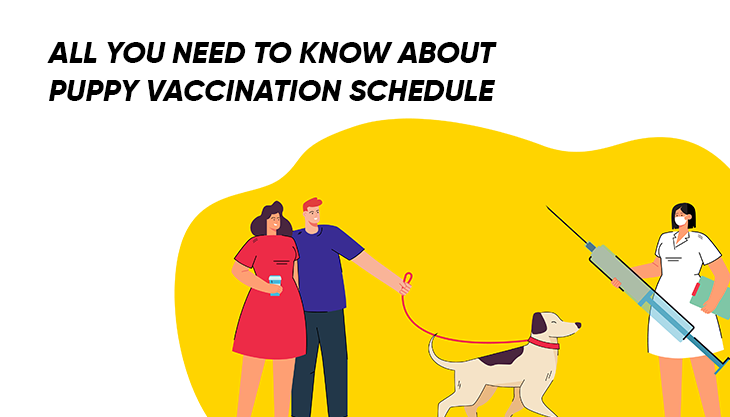
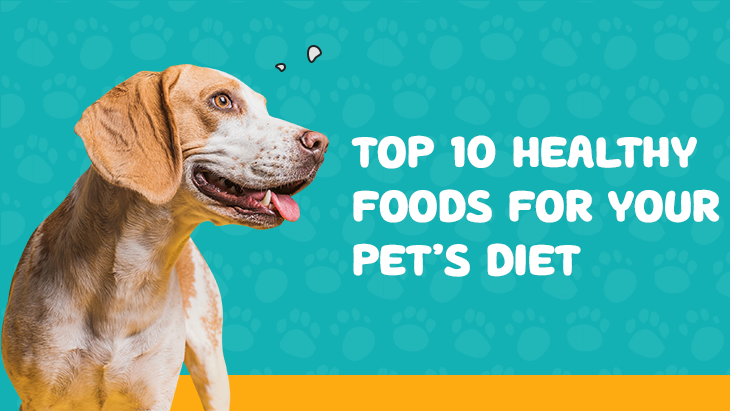
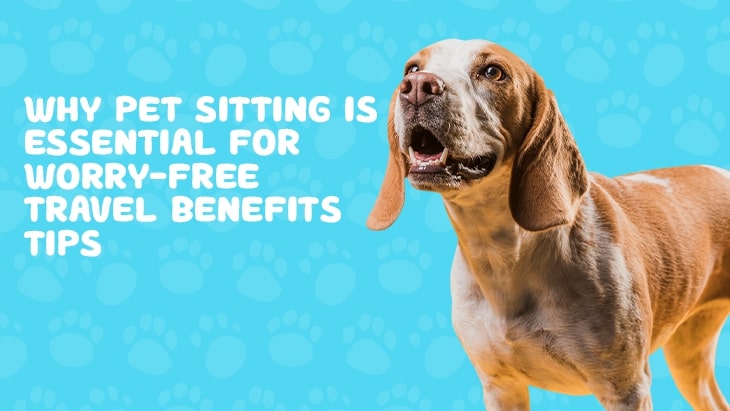
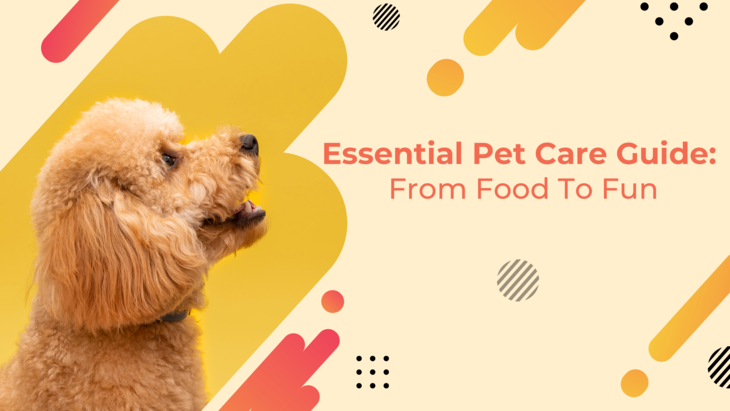
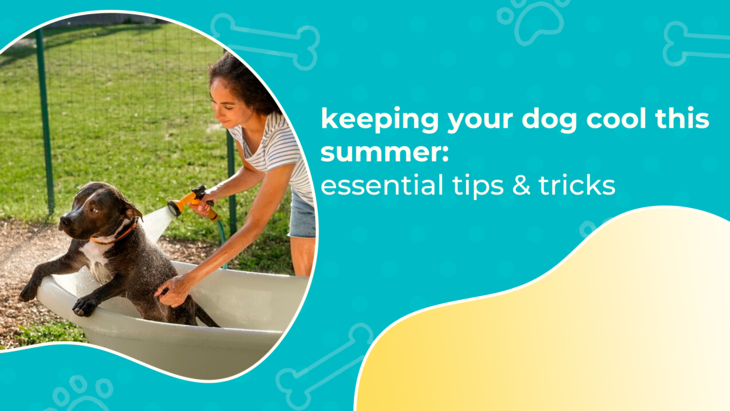


Post Comments